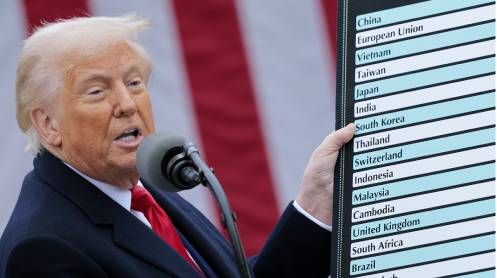Paris: The International Energy Agency said Friday it had revised upwards its forecast for global oil demand growth in 2023 as demand is “scaling record highs”.
World oil demand already hit a record 103 million barrels per day in June and August and “could see yet another peak”, the Paris-based IEA said in its monthly report.
“For 2023 as a whole, global oil demand is set to expand by 2.2 million barrels per day to 102.2 million barrels per day,” it said.
China accounted for 70 percent of growth, the IEA said, adding that demand in the Asian giant was “also stronger than expected, reaching fresh highs despite persistent concerns over the health of the economy”.
“World oil demand is scaling record highs, boosted by strong summer air travel, increased oil use in power generation and surging Chinese petrochemical activity,” the IEA said.
The forecasted expansion in global demand in 2023 would mark its “highest ever annual level”, according to the agency, which in February had already forecast an annual record for the year of 101.9 million barrels per day.
The increasing demand for oil comes amid tensions on world markets after significant output cuts by several members of the OPEC+ alliance — made up of 13 members of the Organization of the Petroleum Exporting Countries (OPEC) headed by Saudi Arabia and their 10 allies led by Russia — to prop up prices.
As a result, global oil supply plunged by 910,000 barrels per day in July, to 100.9 mbd, the IEA said in its report.
A sharp reduction in production by Saudi Arabia last month saw output from the 23-nation OPEC+ alliance fall 1.2 million barrels per day, to 50.7 mbd “a near two-year low”.
Volumes by non-OPEC+ members rose to 50.2 mbd, the report added. In April, several OPEC+ members decided to slash production voluntarily by more than one million bpd — a surprise move that briefly buttressed prices but failed to bring about lasting recovery.
Oil producers are grappling with falling prices and high market volatility, reflecting continued fallout from the Russian invasion of Ukraine and China´s faltering economic recovery.
Saudi Arabia also announced last week that it was extending its voluntary oil production cut of one million barrels per day for another month to include September.





